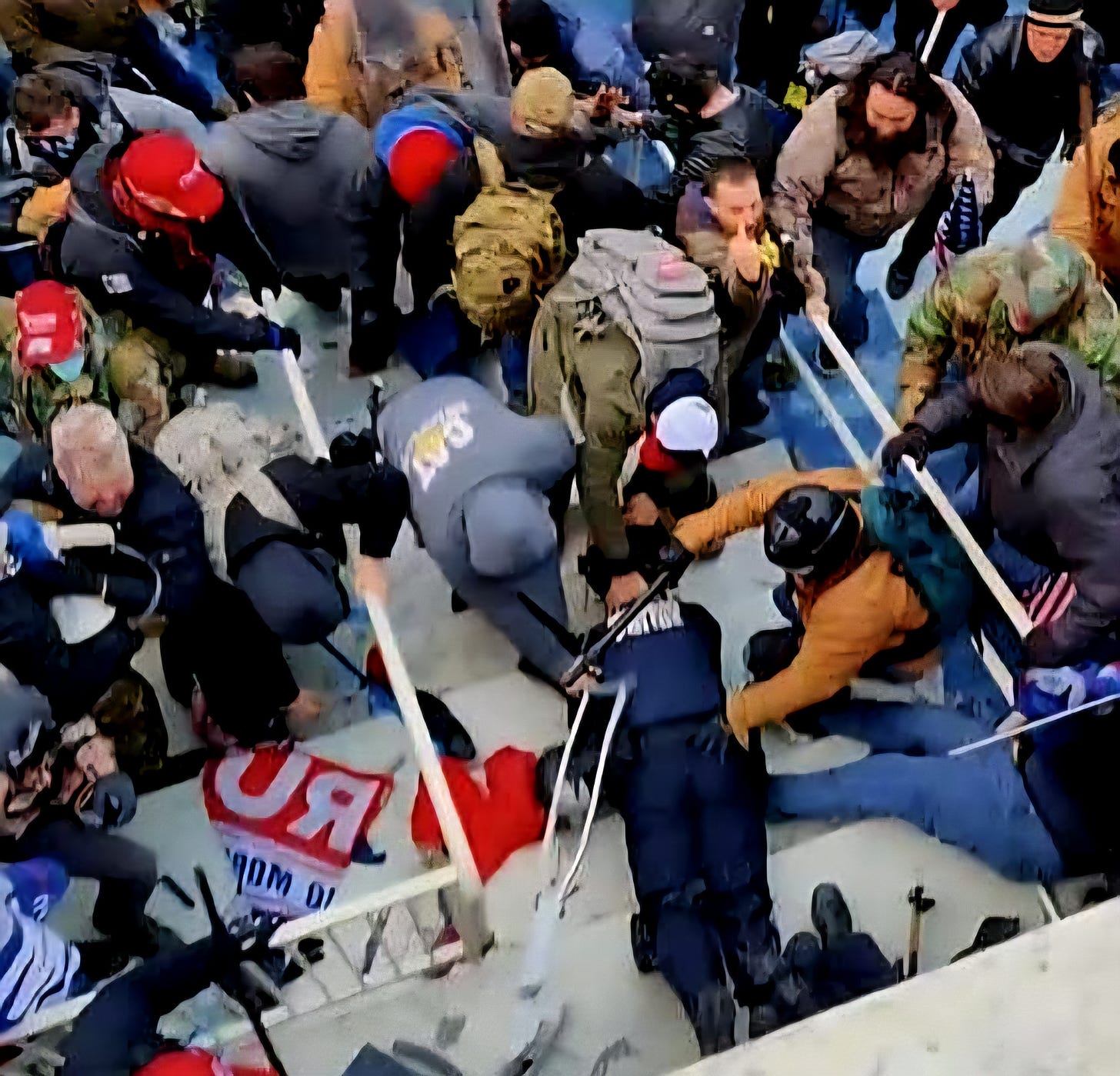Political violence isn’t the answer — not even when the target is someone you believe is dragging the country into the abyss. It doesn’t save democracy; it torches it. Assassination doesn’t deliver justice; it kicks the door off its hinges and lets chaos march in. Once you normalize killing as a political tool, every leader becomes a moving target and the whole system rots into a carousel of revenge killings and collapsing norms. That’s not saving the republic — that’s burning the last beams holding it up.
Morally, taking a life to stop future crimes treats a human being like a chess piece you can knock off the board. Even if that piece is rotten, democracy demands more than private judgment dressed up as righteousness. Law, due process, public record — those are the tools that leave evidence, create precedent, and anchor accountability. Once you trade those for a bullet, you’re just another executioner writing your own rules.
Strategically, it’s suicide. Political violence turns villains into martyrs, rallies their base, and hands them a halo they never earned. You don’t kill the movement by killing the man; you hand the movement his ghost. Worse, it gives his allies carte blanche to crack down harder, scream about “lawlessness,” and tighten their grip in ways the system can’t easily reverse. Nonviolent resistance doesn’t just look better — it works better, because it leaves the institutions intact and pulls the persuadable middle onto your side.
Legally, democracies already have the arsenal: impeachment, investigations, courts, indictments, truth commissions, oversight hearings, regulatory chokeholds, electoral defeats. Slow? Sure. Imperfect? Absolutely. But these mechanisms build legitimacy and create a public trail. Violence obliterates all that and replaces it with the story your enemy gets to tell: that you abandoned the rule of law to become the very thing you swore to fight.
And movements? They die on that hill. Resorting to violence shrinks coalitions and repels the voters who might actually save the country. Broad resistance needs to look principled and lawful, not like a gang fight. Durable restoration isn’t won with a gun — it’s won with journalism, lawsuits, strikes, organizing, divestment, and the kind of civic mass that makes authoritarians crumble in daylight.
So what do you do instead? Everything else. Register voters. Drag corruption into the light with investigations. Sue the bastards. Pressure regulators. Hammer Congress. Starve their money pipelines. Organize mass strikes. Flood the narrative until the lies drown. These are messy, tedious, and maddening — but they build legitimacy, leave a record, and, unlike a bullet, they actually last.
Tyrants expect you to choose between apathy and violence. At Closer to the Edge, we choose neither.
This post has been syndicated from Closer to the Edge, where it was published under this address.

